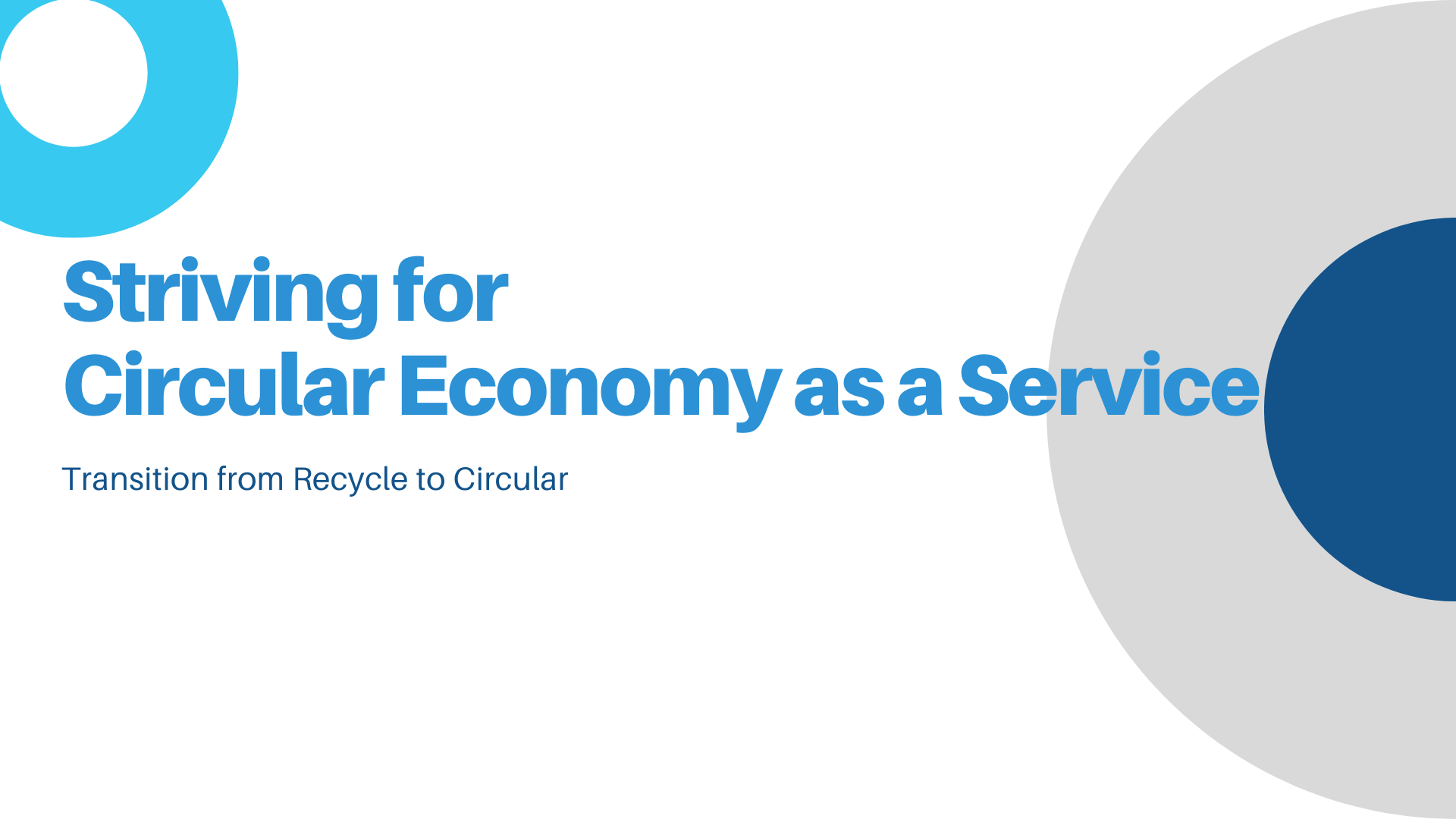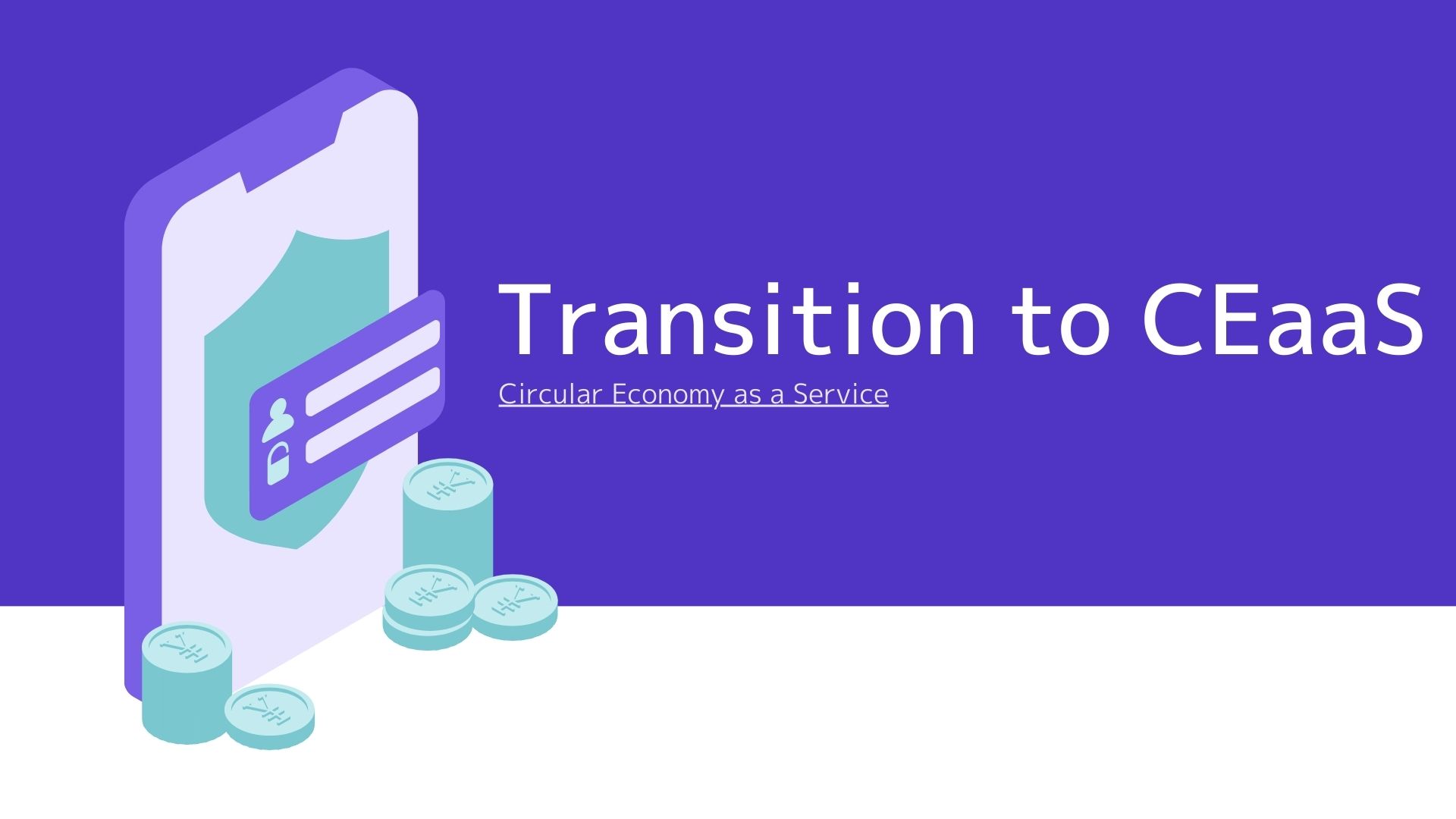Recently, major Japanese corporations have suddenly started showing interest in environmental protection, beginning to talk about what “ESG” and “sustainable companies” mean.
For my part, I’ve been involved in various clean energy businesses, partnering with European consulting firms. For over a decade, I’ve worked on projects like the utilization of NAS batteries, which NGK Insulators Ltd. is proud to showcase to the world, the establishment of a rooftop solar power company, and promoting the use of hydrogen energy. I have struggled without any profit from these consulting efforts, and I now have mixed feelings about the drastic changes in the industry.
Back in the day, major Japanese corporations, which had barely recognized such batteries as mere emergency power supplies, began to discuss how to use these batteries in virtual power plants, a topic that has recently started to gain rapid attention. Despite incorporating insights from Europe, the low understanding and slow response of these companies were frustrating.
Many major Japanese trading companies showed no interest at all, with simply asking “Is it profitable?”
But now, look at this sudden frenzy.
In Europe, there are as many as 3,000 power companies, and the adjustment of interests and power distribution across borders and regions is truly complex and bizarre. Yet, why can a clean energy power supply network be established across Europe? It can be attributed to the focus on integrated management of complex power generation forms, software development that can adjust regional gaps, and nurturing the power auction market.
In Japan, although hard technologies in solar power generation and hydrogen power generation are advanced, when it comes to execution, vested interests of each power company take precedence. Without software and new markets that smooth regional interest adjustment, the power supply network naturally becomes stunted.
Even NGK Insulators, which was a leader with the NAS batteries, couldn’t find demand in Japan and only focused on cost-cutting and hard development of the NAS batteries. They failed to take the lead in developing software to operate the entire power supply network, and now, Japanese companies, including NGK, are begging the Western software companies that once came daily asking to use NAS batteries, to please use their NAS batteries.
In terms of practical skills and conceptual power, all Japanese new energy models are nothing more than copycats of the West, particularly Europe, which is leading in this field.
In Europe, discussions about what national decision-making, human rights, and happiness mean are held seriously before any talk of environmental protection. All bureaucrats, private sector representatives, and financial institutions resonate with these discussions, leading to the emergence of the clean energy power supply system.
Am I the only one who believes that comprehensive wisdom gathered from various disciplines, or liberal arts, must form the basis for comprehensive efforts to address environmental issues, not just economic behavior and economic rationality?



